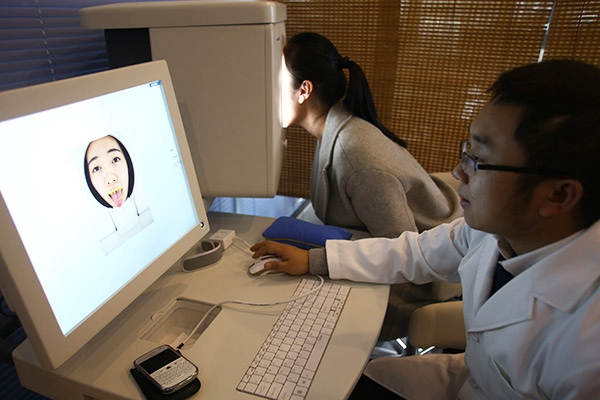
Internet hospitals cannot completely replace traditional bricks-and-mortar hospitals, said Zhang Gui-min, a marketing director for the We Doctor Group, adding that in most cases, a doctor has to see a patient in person to provide better diagnosis and treatment.
"Online hospitals are primarily aimed at patients with common, chronic illnesses, such as hypertension and diabetes, or those who are familiar with their ailments and have to go to see a doctor for the same problem repeatedly," he said.
Apart from the limitation of patient types, policies that aim to ensure safety also hamper the development of non-hospital based medical platforms.
A document issued in August 2014 by the National Health and Family Planning Commission requires telemedicine services to be performed by medical institutions and prohibits non-medical institutions from performing such services.
The policy forces Internet and mobile medical service providers to either cooperate with traditional bricks-and-mortar hospitals or invest heavily to build their own.
Experts point out that China's large-scale public hospitals have strengths in medical equipment and doctors but can hardly meet surging demands. Consequently they are not active in cooperating with smart healthcare service providers to expand the market.
The current medical system also seems friendlier to offline hospitals.
Patients who hold national medical insurance usually tend to visit public hospitals and contracted non-public hospitals to see a doctor, as they will only get a refund from medical payment after treatment from these designated hospitals.
On the contrary, none of the smart healthcare service providers get access to already financially strained national medical insurance, which kill some patients' motivation to use them.


















































